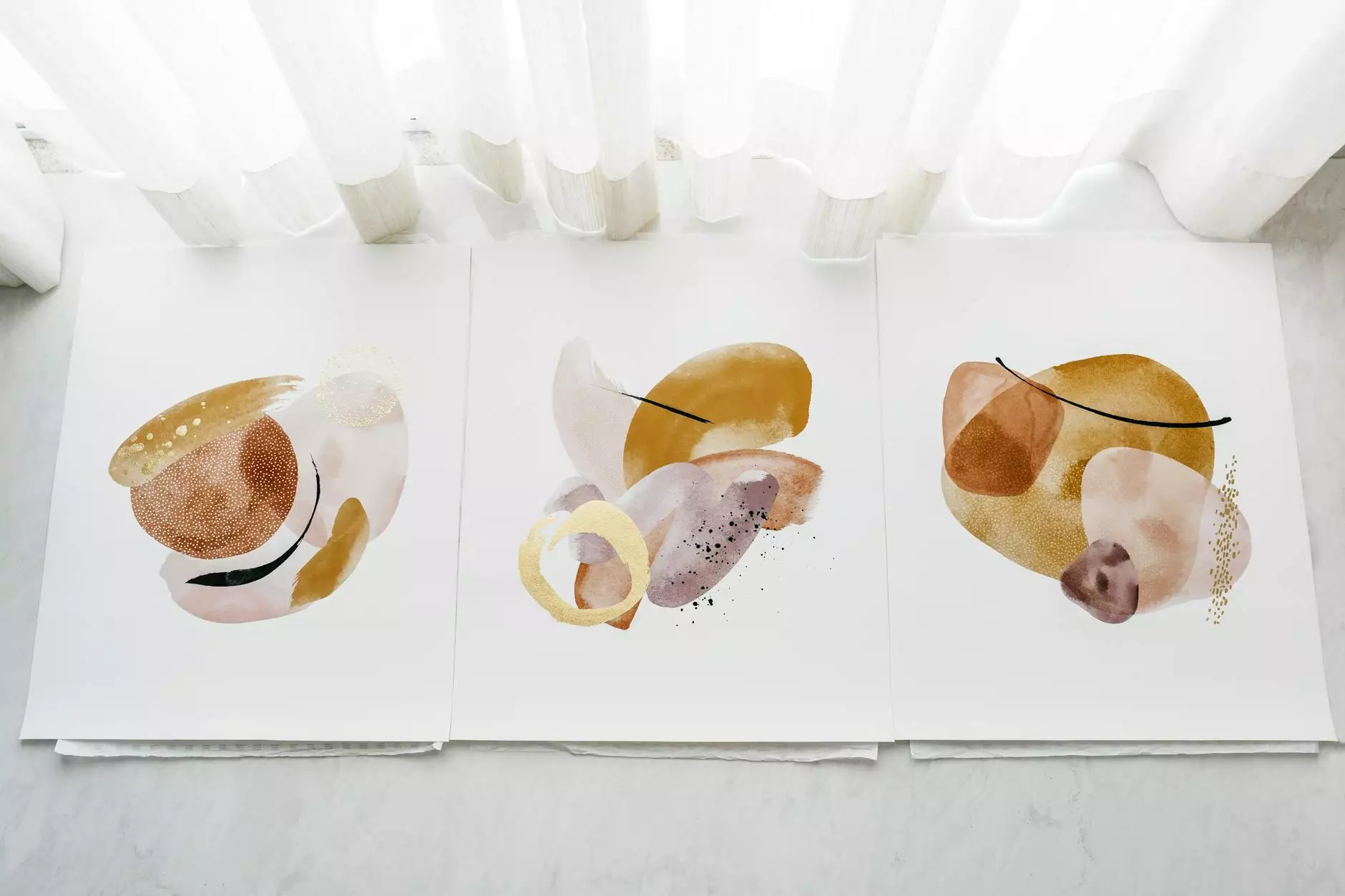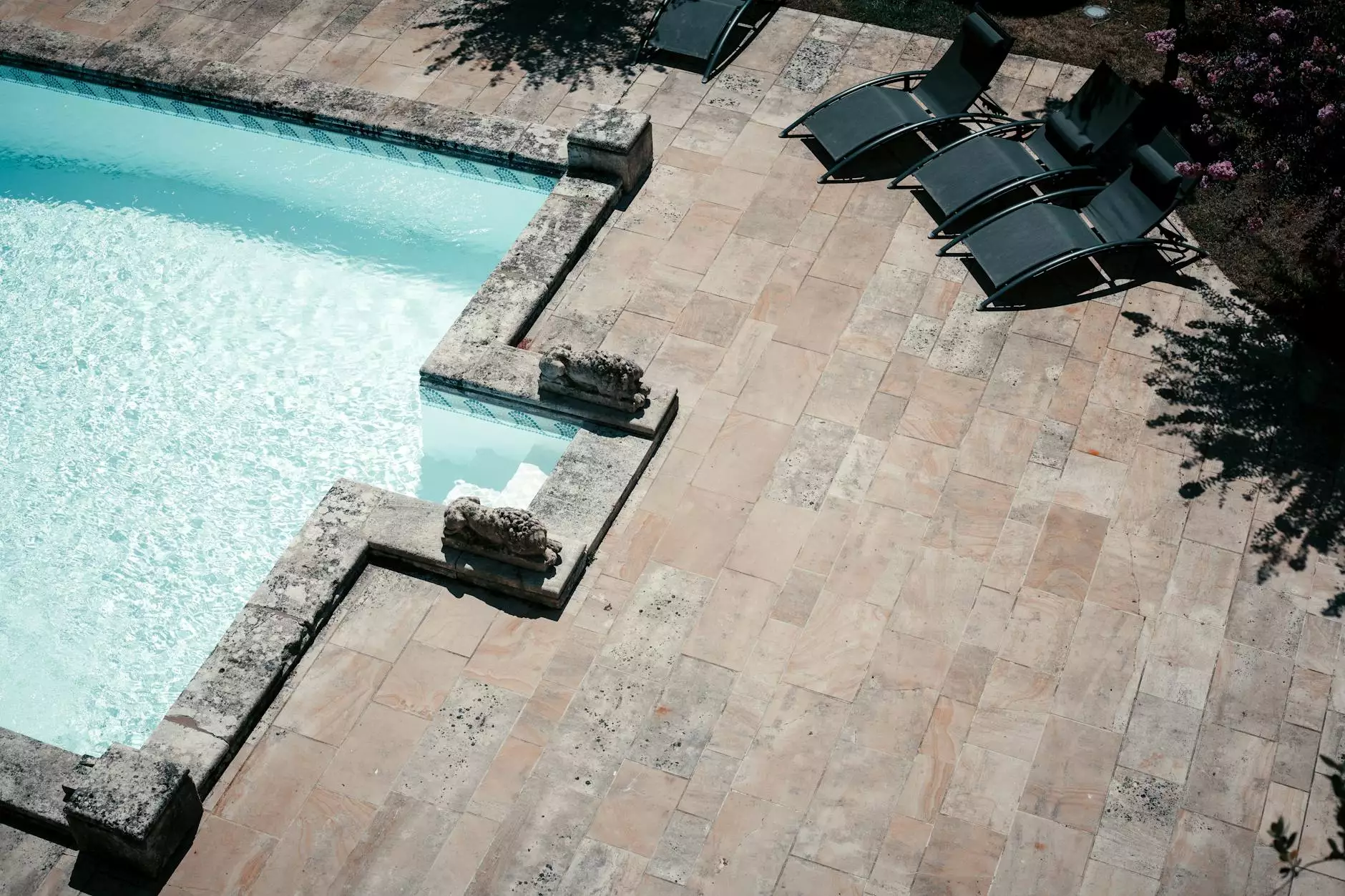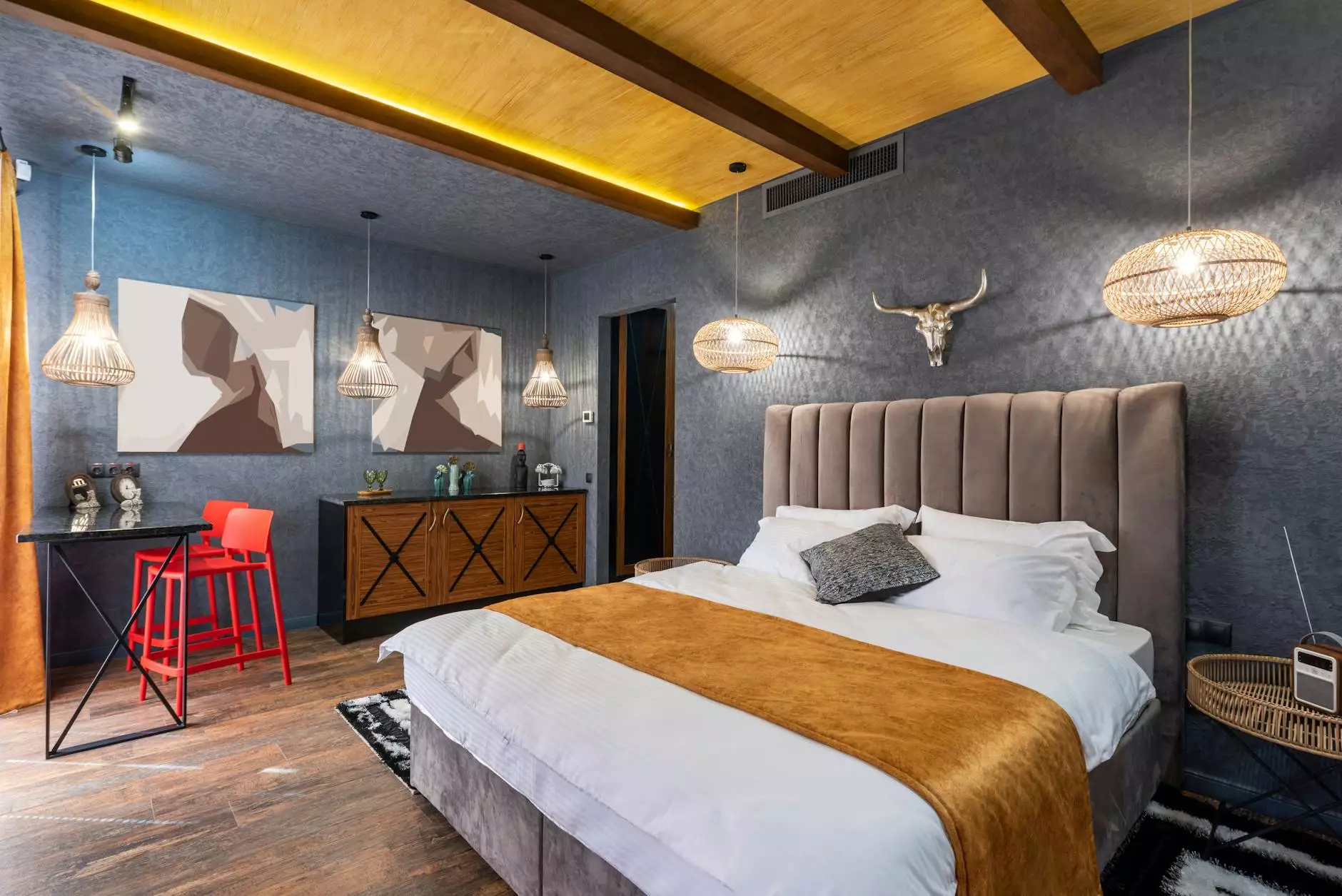How to Create a Relaxing Room for When You Need to Escape It All
Home Transformations
Introduction
Welcome to Best DIY Furniture Paint's expert guide on how to create a relaxing room where you can escape from the demands of everyday life. In this comprehensive article, we will share valuable insights and tips to transform your space into a serene sanctuary that fosters tranquility and peace.
Setting the Right Ambience
Creating a relaxing environment starts with setting the right ambience. Consider using soft, neutral colors on your walls and furniture to create a soothing atmosphere. Lighter shades such as pastels or warm neutrals can evoke a sense of calmness and relaxation. Avoid using bold and vibrant colors that may induce stress or overstimulation.
Choosing the Perfect Lighting
Lighting plays a crucial role in creating a relaxing room. Opt for soft and warm lighting options, such as table lamps with dimmer switches or string lights. Soft, diffused lighting can help create a cozy and intimate atmosphere. Avoid bright, harsh lights that can cause eye strain and disrupt relaxation.
Decluttering and Organizing
A cluttered space can create mental clutter and hinder relaxation. Start by decluttering and organizing your room. Remove unnecessary items and find dedicated storage solutions for essential items. Use shelves, baskets, or stylish storage bins to keep your space tidy and visually pleasing.
Incorporate Comfortable Furniture
Invest in comfortable furniture pieces that promote relaxation and comfort. Consider adding a cozy armchair or a plush sofa where you can unwind and escape the stress of the day. Opt for soft, plush fabrics that feel luxurious to touch. Don't forget to include comfortable pillows and blankets for added coziness.
Using Natural Elements
Bringing elements of nature into your room can provide a grounding effect and enhance relaxation. Consider incorporating indoor plants, natural materials like wood or stone, or even a small indoor fountain. These elements can improve air quality, reduce stress, and create a refreshing ambiance.
Creative Layout and Flow
Ensure your room's layout promotes a sense of calm and relaxation. Arrange furniture in a way that maximizes space and allows for easy movement. Consider incorporating a designated yoga or meditation corner, allowing you to practice mindfulness and find inner peace without distractions.
Creating a Personalized Retreat
In order to create a truly relaxing room, infuse it with your personal touch. Display meaningful artwork, family photos, or cherished objects that bring you joy and evoke positive emotions. Surround yourself with items that reflect your interests and create a visual escape from the outside world.
Enhancing with Aromatherapy
Aromatherapy can be a powerful tool in promoting relaxation. Use essential oils or scented candles to infuse your room with soothing fragrances such as lavender, chamomile, or sandalwood. These scents have calming properties that can help you unwind and find serenity.
Soothing Soundscape
Adding a soothing soundscape can contribute to the overall atmosphere of your relaxing room. Consider playing calming instrumental music, nature sounds, or guided meditation recordings. These gentle and rhythmic sounds can help drown out external noise and create a peaceful environment.
Conclusion
Congratulations on taking the first step towards creating a relaxing room for your much-needed escape. By following these expert tips, you can transform your space into a tranquil sanctuary that promotes relaxation, peace, and well-being. Remember, personalization and attention to detail are key in creating a space that resonates with your unique preferences and needs. Enjoy the benefits of your serene haven and reclaim a sense of calm in your daily life.










